Intro
Uncover the silent signs of a female heart attack. Discover the 7 hidden symptoms that often go unnoticed, including unusual fatigue, shortness of breath, and jaw pain. Learn how to recognize the subtle warning signs of a heart attack in women, and take control of your cardiovascular health.
Heart attacks are often associated with men, but the reality is that women can also experience heart attacks, and their symptoms can be vastly different from those of men. In fact, according to the American Heart Association, heart disease is the leading cause of death in women, accounting for one in every five female deaths. Unfortunately, many women are unaware of the unique symptoms of a heart attack, which can lead to delayed treatment and increased risk of complications. In this article, we will explore the 7 hidden female heart attack symptoms that every woman should know.
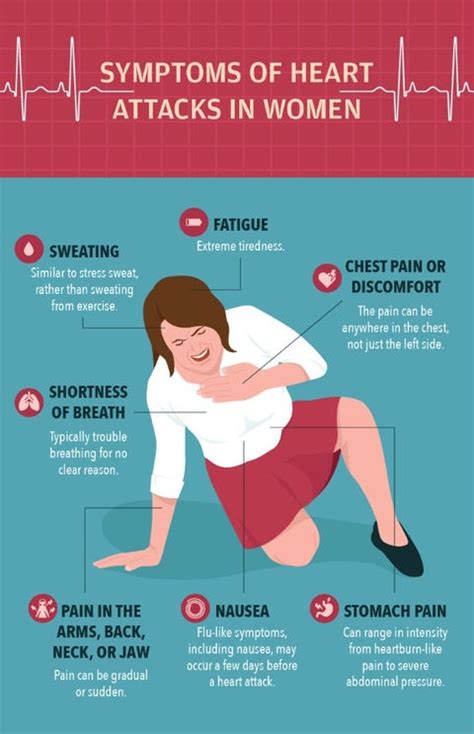
Understanding Heart Attack Symptoms in Women
While chest pain is the most common symptom of a heart attack in both men and women, women are more likely to experience other symptoms that can be easily mistaken for other conditions. These symptoms can be subtle and may not always be immediately recognized as a heart attack.
Symptom 1: Unusual Fatigue
Feeling extremely tired or weak, even after getting enough rest, can be a sign of a heart attack in women. This fatigue can be so severe that it interferes with daily activities, making it difficult to perform even simple tasks.
Symptom 2: Shortness of Breath
Women may experience shortness of breath or difficulty breathing during a heart attack, even when they are sitting still or engaging in light physical activity. This symptom can be mistaken for asthma or other respiratory conditions.
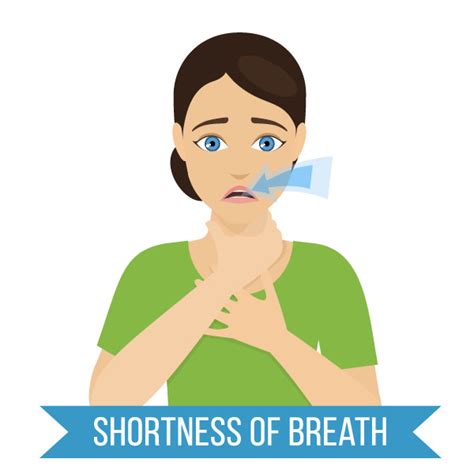
Symptom 3: Pain in the Jaw, Neck, or Throat
Pain in the jaw, neck, or throat can be a sign of a heart attack in women. This pain can be sharp or dull and may radiate to the arms or back.
Symptom 4: Pain in the Upper Abdomen
Women may experience pain or discomfort in the upper abdomen during a heart attack, which can be mistaken for indigestion or a stomach virus.
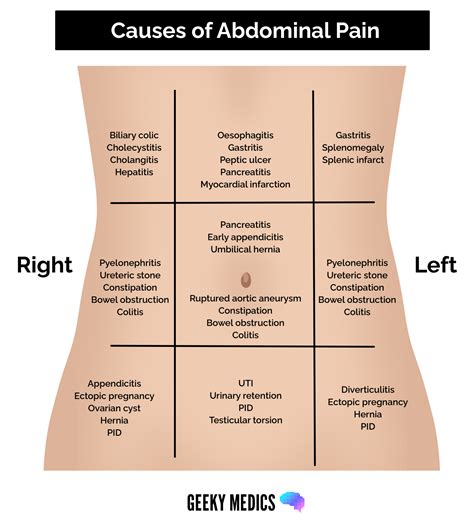
Symptom 5: Lightheadedness or Dizziness
Feeling lightheaded or dizzy can be a sign of a heart attack in women, especially when standing up or changing positions.
Symptom 6: Nausea or Vomiting
Women may experience nausea or vomiting during a heart attack, which can be mistaken for a viral illness or food poisoning.
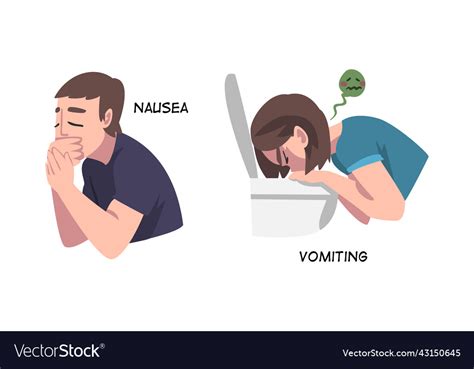
Symptom 7: Cold Sweats
Breaking out in cold sweats can be a sign of a heart attack in women, especially when accompanied by other symptoms such as chest pain or shortness of breath.
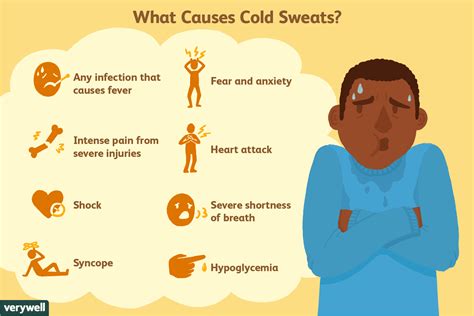
What to Do If You Experience These Symptoms
If you or someone you know is experiencing any of these symptoms, it is essential to seek medical attention immediately. Call 911 or your local emergency number and try to remain calm. Remember, prompt treatment can significantly improve outcomes and reduce the risk of complications.
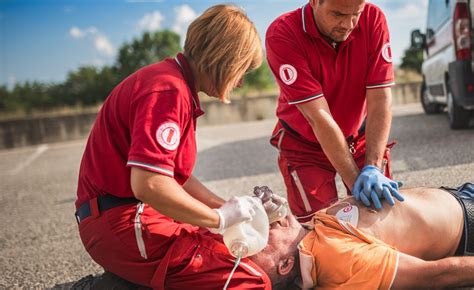
Reducing the Risk of Heart Disease in Women
While some risk factors for heart disease cannot be changed, such as age and family history, there are many lifestyle modifications that can help reduce the risk. These include:
- Maintaining a healthy weight
- Engaging in regular physical activity
- Eating a balanced diet low in saturated fats and high in fruits and vegetables
- Not smoking
- Limiting stress
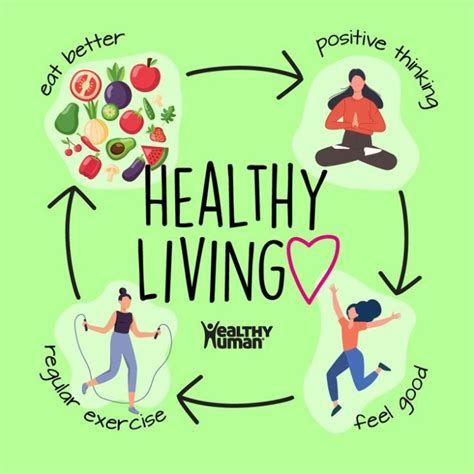
Conclusion
Heart attacks can be a silent killer in women, and it is essential to be aware of the unique symptoms that can indicate a heart attack. By recognizing these symptoms and seeking medical attention promptly, women can reduce their risk of complications and improve their outcomes. Remember, heart health is a top priority, and taking proactive steps to reduce the risk of heart disease can save lives.
What are the most common symptoms of a heart attack in women?
+Chest pain or discomfort, shortness of breath, pain in the jaw, neck, or throat, pain in the upper abdomen, lightheadedness or dizziness, nausea or vomiting, and cold sweats.
Why are heart attack symptoms different in women?
+Heart attack symptoms can be different in women due to various factors, including hormonal differences, smaller coronary arteries, and differences in the way the heart responds to stress.
What should I do if I experience symptoms of a heart attack?
+Call 911 or your local emergency number immediately and try to remain calm. If you are with someone who is experiencing symptoms, try to keep them calm and comfortable until help arrives.
